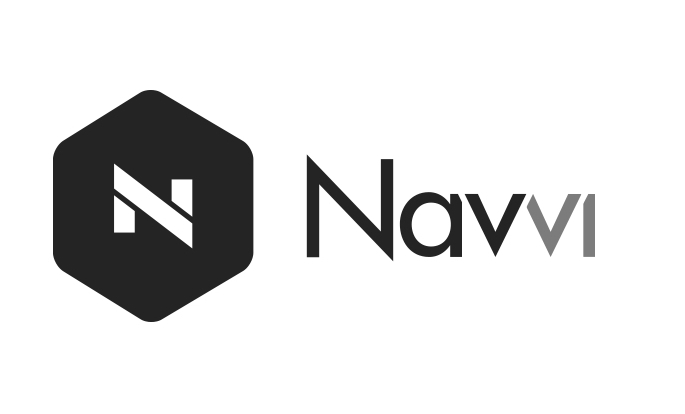After decades of British occupation and intermittent military rule, Nigeria’s roads, schools and hospitals were in shambles - an unappetizing sight to seemingly hungry western investors. But with the economic recession in 2008 came a new opportunity for the non-western world. While the countries in Europe and America were forced to close their doors, Lagos offered itself as a new frontier for ambitious entrepreneurs. Nigeria is Africa’s largest petroleum exporter, so the potential wasn’t hard to recognize, but it’s economy lacked variety. Since then, investors and business moguls have flocked to Lagos by the thousands, creating an economy most countries in Africa only dream of. “The country recently recalculated its gross domestic product to take into account sectors of the economy that barely existed two decades ago. As a result, Nigeria determined that its GDP surpassed South Africa’s in 2012 to become the continent’s largest economy. About 15,700 millionaires and a handful of billionaires live in Nigeria, more than 60 percent of them in Lagos.” Its population is growing at an alarming rate - in fact, it is nearly impossible to estimate the population more precisely than between 13 million and 18 million. The middle class population is expected to grow by 7.6 million by the year 2030. “ Seemingly overnight, Lagos has transformed itself into a city of Davids clamoring to become Goliaths.” The city’s motto? “Be Very Rich”
Yet with all this growth, success, and wealth, Lagos still finds itself stymied. Nigeria may be home to Lagos, a city full of money and optimism, but it is also home to violent terrorist groups such as Boko Haram and faces many challenges in the way of making it a true success story. “The miracle of Lagos is that its economy gallops onward even when fettered by the same federal incompetence that allows terrorism to go unchecked. A lesser city would be crippled. Then again, in a sense so is Lagos… How do the two worlds coexist? How does Lagos prosper when upper Nigeria roils with chaos?” Robert Draper, the author of the article Lagos: Africa’s First City, featured in the January publication of National Geographic asks, “If Nigeria is the largest exporter of petroleum in Africa, how can there be continual fuel scarcity, such that Lagosians periodically sit in gas lines for up to four hours? Why does every building in the city—not just the low-income hovels on the mainland but also the sleekest hotels on Lagos Island—rely on generators to supply round-the-clock power? Why do residents continue to pay for electricity that never arrives? Why do the city’s police set up evening checkpoints on the bridges and shake down commuters for cash? Why do the top academics at the University of Lagos carry on with strikes lasting entire semesters? What’s wrong with this picture? Corruption is what’s wrong—and because much of it exists on the federal level, Lagos is largely powerless to overcome it.”

